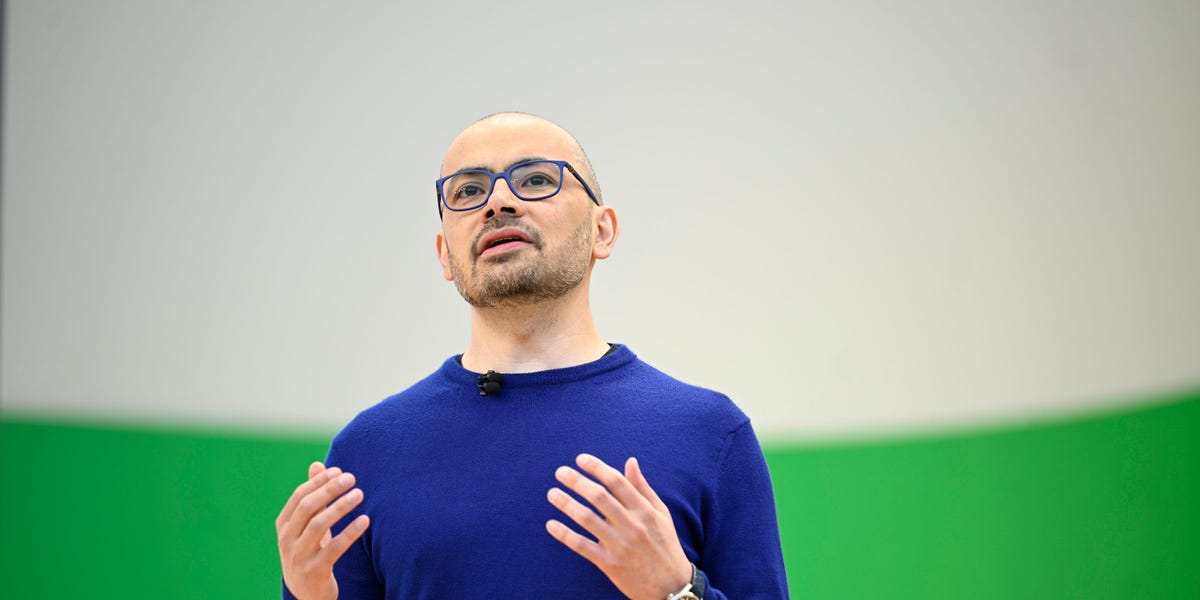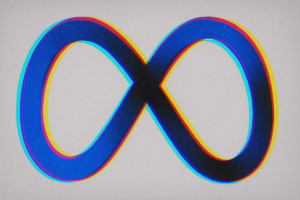Copyright Concerns Led to the Shelving of Google DeepMind’s Orca AI Music Tool

Insights on Google’s AI Music Project: Orca
Overview of Orca
Orca was an innovative AI music tool developed through collaboration between Google’s DeepMind and YouTube. Despite its potential, the project faced significant legal challenges, leading to its suspension last year. The purpose of Orca was to allow users to create music by utilizing simple prompts such as choosing a favorite artist, a specific genre, and inputting lyrics. This capability aimed to provide a music generation experience that felt authentic and real.
The Development Process of Orca
The creation of Orca was part of Google’s broader strategy to enhance its AI capabilities, particularly in response to the rapid advancements made by other companies such as OpenAI. Leveraging artificials intelligence in music, Orca offered a unique feature where users could generate songs in the style of their chosen artists—imagine crafting a hip-hop track with Taylor Swift’s vocals.
The tool was in development as Google sought ways to stay competitive in the AI arena and make a significant impact on music creation. Reports suggest that the depth of Orca’s technology was quite impressive, prompting strong enthusiasm among employees during development.
Legal Challenges and Copyright Concerns
However, the journey of Orca was not without obstacles. Google approached several music labels to discuss the possibility of launching the tool publicly along with a revenue-sharing model for the artists whose music was used to train the AI. Unfortunately, music labels hesitated, considering the project a significant legal risk due to copyright implications.
This concerns stemmed from Google’s initial policies, which avoided using copyrighted music for training AI. As the competitive landscape intensified, there was an internal shift. Google chose to modify its stance on these practices, coinciding with trends established by competitors, and began scraping content from YouTube for AI development.
Research and Development: Alternatives Born from Orca
Throughout 2023, the prospects for Orca developed excitingly, leading to discussions about potential repercussions on the music industry. Furthermore, separate teams within Google also worked on a similar AI model, known as MusicLM. This model was based on a vast repository of unlabeled music, focusing on producing original compositions without mimicking specific artists.
Ultimately, the legacy of Orca found a new outlet in a simplified music-generation AI called Lyria, announced by DeepMind in November 2023. Lyria allows users to create music using styles from artists who have collaborated directly with Google, like John Legend, albeit to a limited extent compared to Orca.
Spin-offs and Future Prospects
Some employees involved in both the Orca and Lyria projects have chosen to establish an independent startup named Udio, which focuses on AI music creation applications. This indicates a continued interest in this technology, even as the original project faced setbacks.
While Google has not publicly commented on the status of Orca or its future directions, the interest generated by AI music tools reflects a shifting landscape in the industry. The challenges faced by Orca underline the need for tech firms to navigate complex legal environments while exploring innovative ideas in artificial intelligence.
In summary, the story of Orca illustrates the ambitious nature of technology development, the hurdles presented by legal frameworks, and the ongoing evolution of AI in the creative fields. As the demand for AI-generated content continues to grow, the music industry will likely see more innovations and collaborations, potentially reshaping how music is created and consumed.






